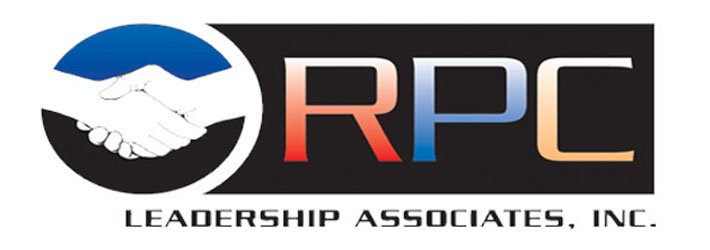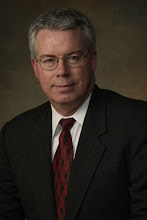…You Don’t Know What You Are Doing.
These words from W. Edwards Deming, considered the godfather of organizational process improvement, are a great way to introduce the third element of the Total Leadership Model. To put it in perspective, we previously introduced Strategy as the foundation of the model and last month discussed Leadership Development as one of the two key supporting elements of the model. This month we look at Operational Improvement, the Process side of Total Leadership, as the other supporting element crucial to being an effective leader in today’s business environment.
Everything we do in our organization be it public, private, non-profit, large or small is a process. Everything we do has inherent interdependencies with what happens before during and after each task and function we execute. And because each task and function we execute has an outcome, it becomes a point in which we can measure the desired results of that task or function. In Dr. H. James Harrington’s book, Business Process Improvement he puts it this way:
• “Measurements are key.
• If you cannot measure it, you cannot control it.
• If you cannot control it, you cannot manage it.
• If you cannot manage it, you cannot improve it.
• It is as simple as that.”
At this point, there may be those of you who may be thinking this is great, but I don’t operate in the plant or in operations where our products are made. In truth more than half of the Operational Improvement opportunities are in the traditional “front office” functions such as Sales, Marketing, Finance and Human Resources. Or there may be those entrepreneurs who run small businesses who think this is great for larger companies, but does not apply to small businesses. In fact, missing these opportunities for Operational Improvement likely has a much greater financial impact as a percentage of revenue than in the larger companies. It’s akin to thinking gravity does not apply to you because you weigh less than twenty pounds. All processes have very real financial impacts if not producing their desired results!
Today’s leaders see this as an opportunity to truly understand what they do in the context of a global business environment constantly evolving through regulatory, economic and socio-cultural changes. As a leader it’s not enough to merely invest in people in the organization if you are not also willing to ensure the processes they use are optimized for success. So, describe what you do again?
Lead Well!
Tuesday, June 1, 2010
Subscribe to:
Posts (Atom)

